Voice question ‘far worse’ than feared: constitutional law expert Greg Craven
Constitutional law expert Greg Craven warns the wording announced today ‘multiplies’ the problems people had identified with the previous drafts.
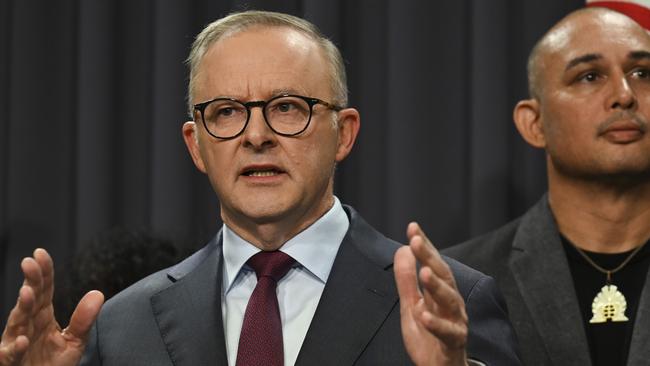
Prominent constitutional law expert Greg Craven has warned that the proposed question on the Indigenous voice to parliament is “far worse than I had contemplated the worst position being”.
Professor Craven, a member of the government’s constitutional law working group, said the wording for the referendum released by Anthony Albanese “takes the problems that people have identified with the preceding drafting and multiplies it”.
“The criticism of the preceding draft was the all embracing proposition that the Indigenous voice could make representations to executive government. The question was whether that would simply wrap-up every decision of government in legal challenges by the voice or by people on behalf of the voice,” Professor Craven told 3AW.
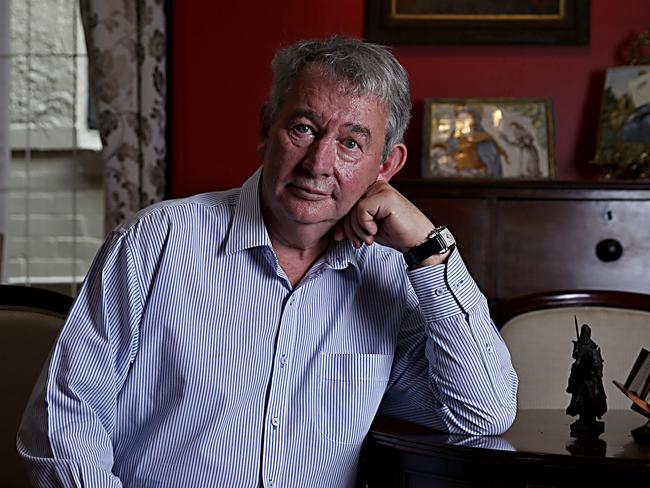
“It was widely expected that would be wound back and Attorney-General (Mark) Dreyfus tried to do that, he was defeated. Those words are still there in all their glory.
“That in a sense is a defeat of hopes for some sort of compromise.”
The former Australian Catholic University vice-chancellor, who has always been a supporter of the principle of a voice and backs the referendum, criticised the “incredibly vague ‘design principles’ that have been endorsed by Cabinet”.
“They will be the substitute for actual detail. So the position is significantly worse,” he said.
Professor Craven said the problem with including executive government is it captures the “whole of the decision making of the Commonwealth government” and could potentially impact decision-making on national security, defence and foreign affairs.
“If you get into a situation, for example the voice hasn’t yet made a representation on some important view and the Commonwealth hasn’t told the voice and given it that chance then legally it is entirely practical for someone to take a challenge to court to stop that action until the voice has made a representation.”
“In theory, you could actually challenge the substance of the decision by saying there hasn’t been natural justice or you haven’t taken into account the right considerations. Basically, what executive government does is it judicialises the whole of the voice. It invites the High Court to be active.”



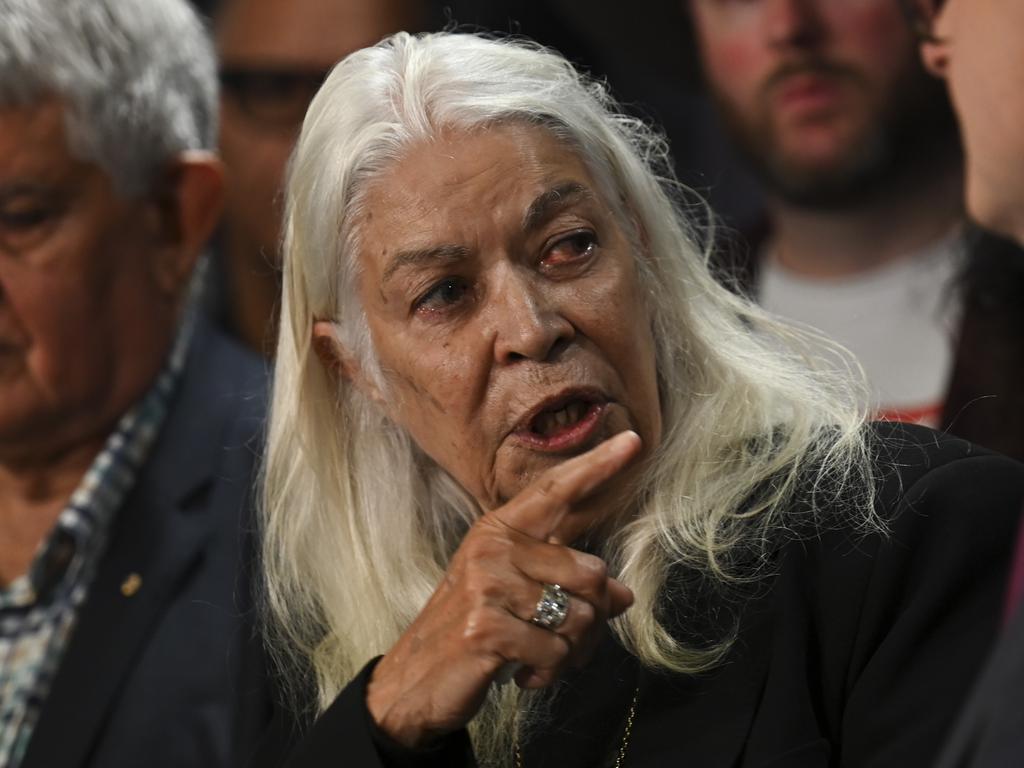
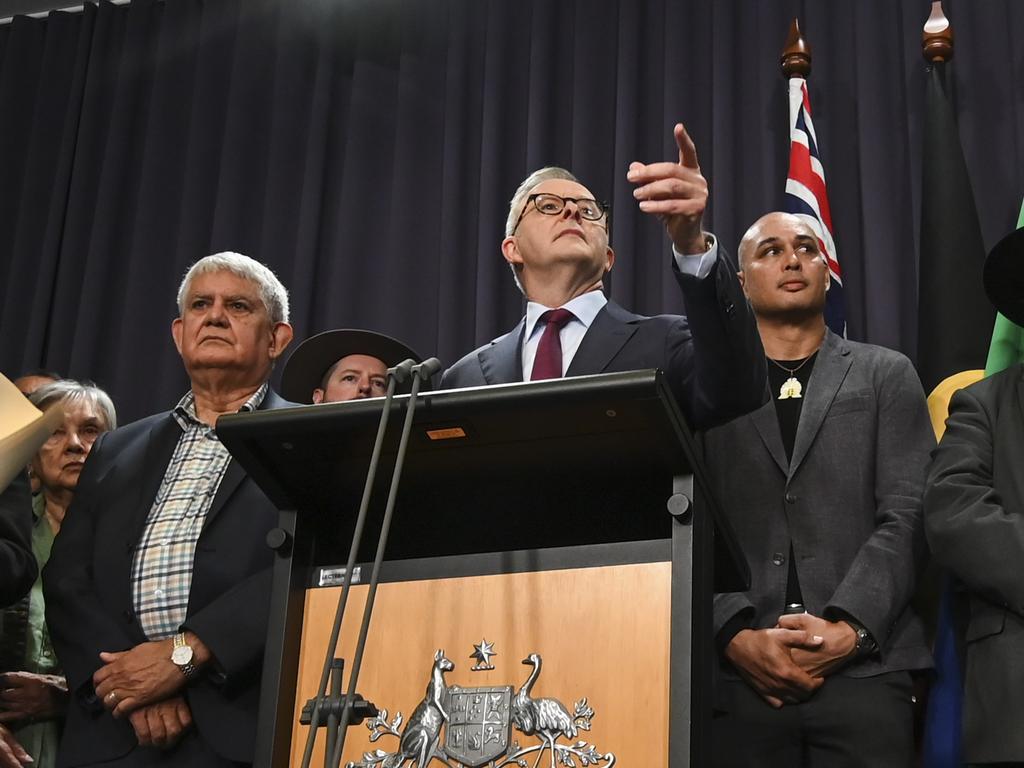
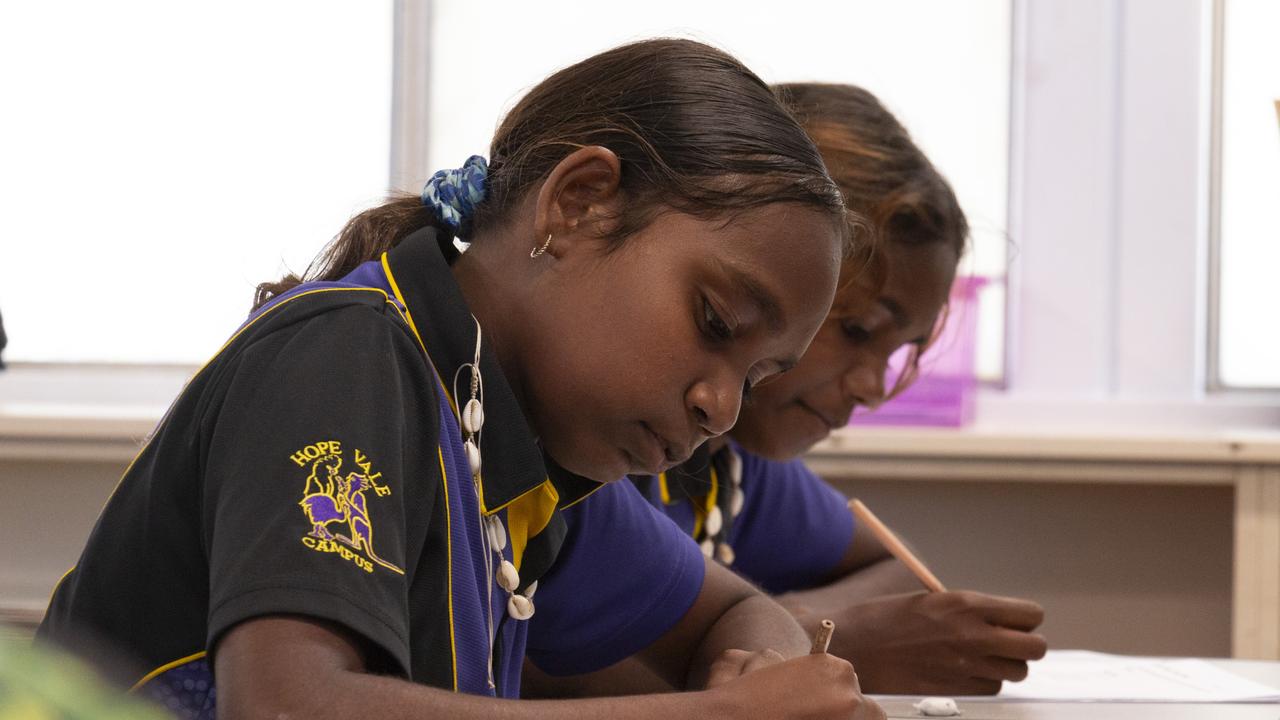
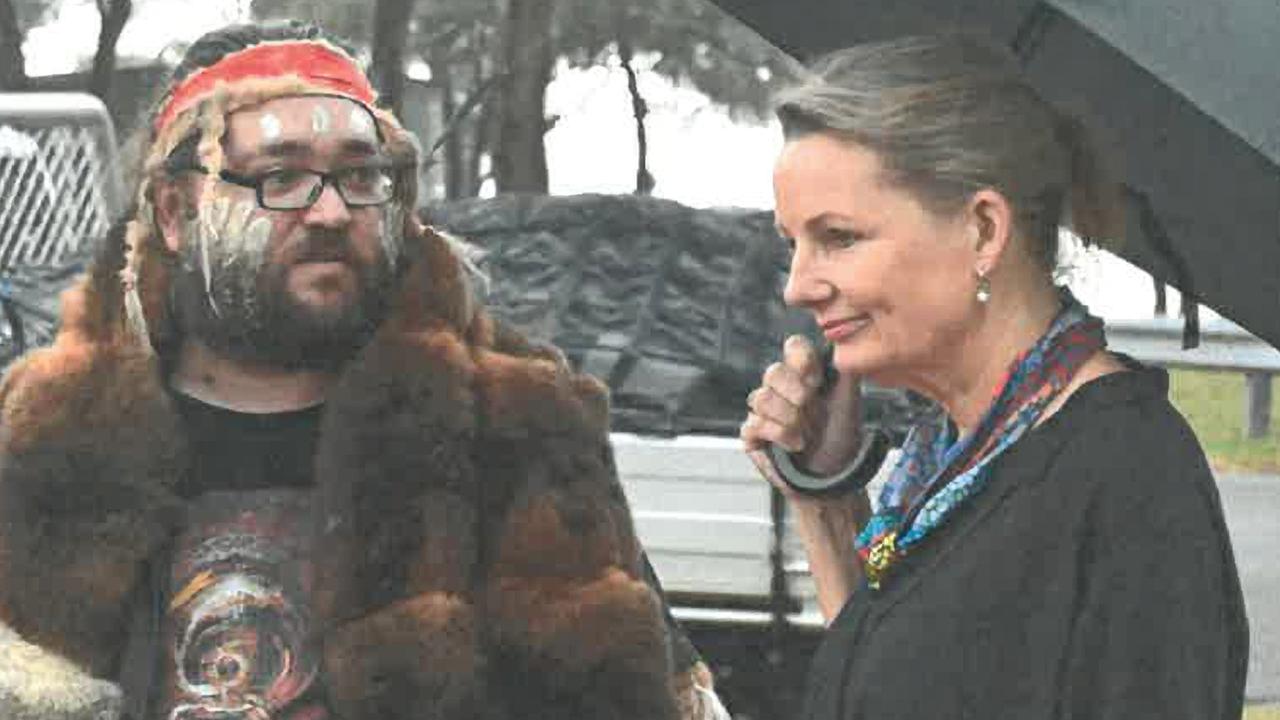
To join the conversation, please log in. Don't have an account? Register
Join the conversation, you are commenting as Logout